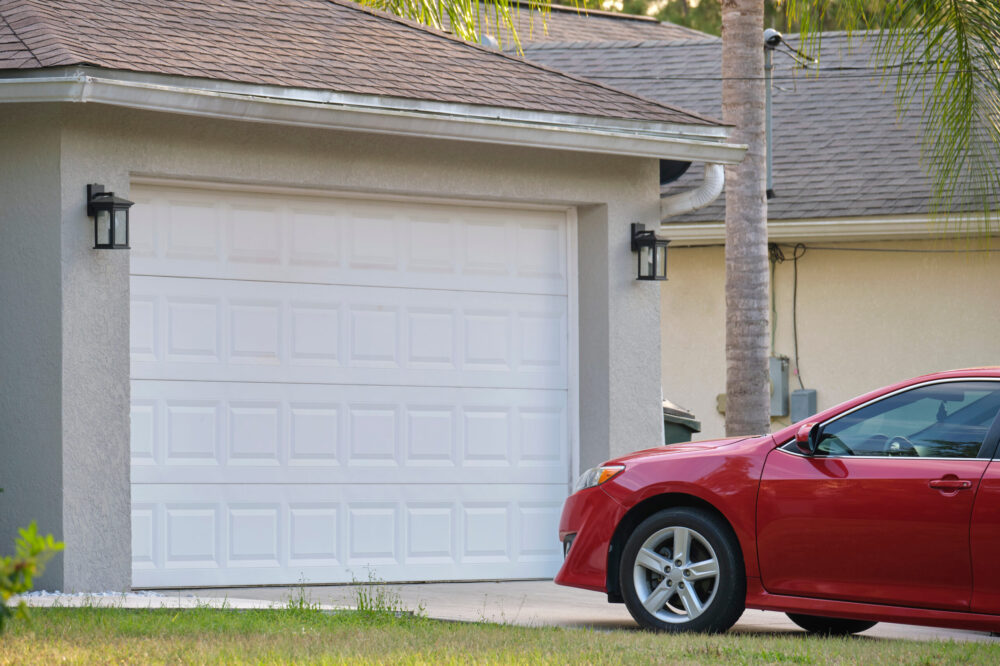Usually, the deal with a secured debt is that your creditor can exercise their legal right to seize its collateral upon your failure to repay it. So, if you fall behind on your mortgage loan, your creditor can set your house into foreclosure, for example. Well, you may wonder if different rules apply when an ongoing bankruptcy case is at play. For this, please continue reading to learn whether you can keep the collateral tied to your secured debt even after declaring bankruptcy, and how an experienced Louisville, Kentucky Chapter 7 bankruptcy lawyer at Schwartz Bankruptcy Law Center can help you fight for this.
How is secured debt typically handled in a bankruptcy case?
Usually, the automatic stay associated with your Chapter 7 bankruptcy case stops your secured creditors from immediately seizing the collateral. However, they may file a motion with the Kentucky bankruptcy court to lift the automatic stay to recover this collateral. They may especially feel inclined to do this if you were way behind in your repayments before filing for bankruptcy, and if the collateral’s value rapidly declines as your case proceeds.
So, honestly, if you struggled to meet your loan payments before bankruptcy, and you believe it will be the same afterwards, it may be best to give yourself the financial relief and surrender your collateral at this time. Once you return the property, the associated debt will be discharged from your immediate responsibility. This is, of course, unless you opted for a Chapter 13 bankruptcy case instead, and you can better manage your repayments through a court-ordered three- to five-year schedule.
How can I keep the collateral tied to my secured debt in bankruptcy?
However, you may believe it is financially feasible to pay off your debts while keeping your collateral during your Chapter 7 bankruptcy. If so, you may first consider reaffirming the debt. This means you enter a voluntary agreement with your creditor, where you promise to continue paying a specific debt that would otherwise be discharged in exchange for being able to keep the collateral that would otherwise be repossessed.
If this does not work based on your personal circumstances, you may secondly contemplate redeeming your property. In the context of bankruptcy, this means that you may pay a secured property’s fair market value in a lump sum. Then, once you pay this amount, any remaining balance on your loan may be discharged at the conclusion of your bankruptcy case. And so, this may only make sense if the fair market value is deemed less than what you owe your creditor.
Do not let your legal initiatives stop after reading this blog. The next action you should take is calling us at the Schwartz Bankruptcy Law Center and retaining the services of a skilled Louisville, Kentucky consumer bankruptcy lawyer. Rest assured, we will take the reins from here on out.

